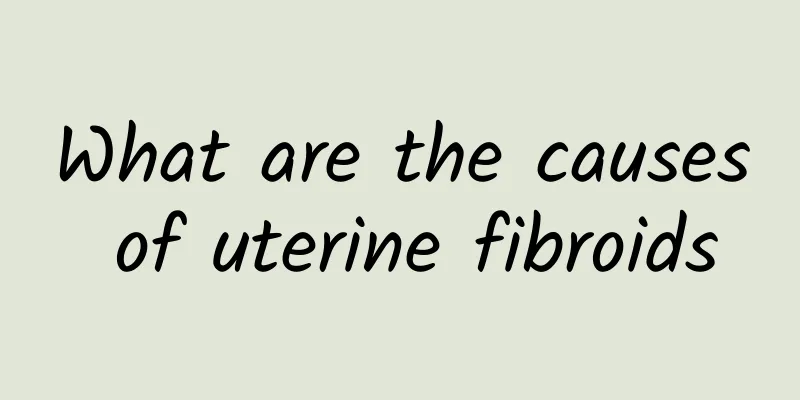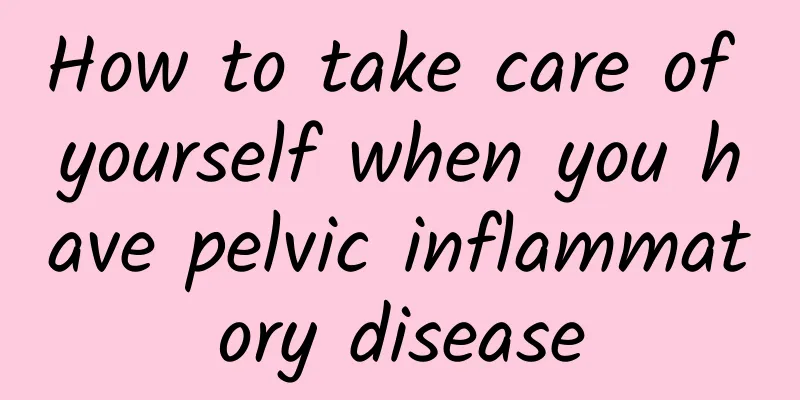What is the best treatment for vaginal itching and leucorrhea?

|
Excessive vaginal discharge and vulvar itching often indicate vaginitis. Choosing the right medication and adjusting your lifestyle can effectively relieve the discomfort. 1. Identify the cause Excessive vaginal discharge and itching are often associated with vaginitis, common types of which include candidal vaginitis and Trichomonas vaginitis. Knowing which type of infection you have can help you choose the right treatment. 2. Treatment of fungal vaginitis For candidal vaginitis, clotrimazole or Daconazole suppositories are commonly used topical medications. Oral medications such as fluconazole can also help relieve symptoms. In daily life, you should reduce your intake of sweets, because too much sugar may promote the growth of mold. Avoid activities that may lead to a humid environment, such as swimming. 3. Treatment of Trichomonas vaginitis Trichomonas vaginitis can be treated with topical metronidazole and oral tinidazole or levofloxacin. Sexual hygiene is very important, using condoms can reduce the risk of infection, and keeping the private parts clean can also help prevent recurrence. 4. Lifestyle Adjustment In addition to medication, lifestyle adjustments are also key. Wearing breathable cotton underwear, avoiding tight clothing, and keeping the vulva dry can help reduce symptoms. Drinking more water to promote metabolism can also help the body recover. 5. Dietary recommendations In terms of diet, reducing the intake of sugar and refined carbohydrates and eating more foods rich in probiotics, such as yogurt, can help maintain the balance of vaginal flora. Eating more fiber-rich foods, such as vegetables and whole grains, can also promote overall health. 6. Psychological adjustment Long-term itching and discomfort may affect your mood, so keeping a good mood and reducing stress can help improve your immunity. Moderate exercise, such as yoga or walking, can also help relieve stress. 7. When to see a doctor If the symptoms persist or worsen, or are accompanied by other symptoms such as fever, abdominal pain, etc., you should seek medical attention in time. The professional guidance of a doctor can better help with diagnosis and treatment. Through medication and lifestyle adjustments, most women can effectively relieve the problems of excessive vaginal discharge and vulvar itching. Maintaining good hygiene habits and a healthy lifestyle is the key to prevention and treatment. |
<<: Can uterine fibroids become cancerous?
>>: Can drinking cactus boiled water cure uterine fibroids?
Recommend
Prevention measures for cervical warts
With the development of society, people have beco...
Analysis of several main causes of vulvar leukoplakia
Vulvar leukoplakia is a common gynecological dise...
Why do I suddenly have side abdominal pain when running? 4 reasons to let you know
Feeling guilty about eating too much at the dinne...
The following content is an introduction to the preparations before abortion:
The phenomenon of abortion has become more and mo...
Will miscarriage affect pregnancy? How to reduce the harm of abortion?
Regardless of the reason, women need to take good...
Is eating salad the fastest way to lose weight? What nutrition experts say
In order to have a more perfect body, every girl ...
Five aspects of preventing and treating chronic cervicitis
Chronic cervicitis is a type of cervicitis. Preve...
Is it normal to have headaches during menstruation?
Is it normal to have headaches during menstruatio...
How to deal with vaginal itching? 5 ways to deal with vaginal itching
Women should pay attention to their own health an...
Can I take ibuprofen for menstrual cramps?
Dysmenorrhea can usually be treated with ibuprofe...
What are the dangers of having uterine effusion?
Do you know the dangers of uterine effusion? Uter...
What clinical manifestations of irregular menstruation do you know?
What are the clinical manifestations of irregular...
Do you know the symptoms of severe cervicitis?
Severe cervicitis is a chronic pathological proce...
Is drinking more water good for pelvic inflammatory disease? A good auxiliary effect
Patients with pelvic inflammatory disease can dri...
What tea is good for threatened abortion?
Many pregnant women with threatened miscarriage l...









